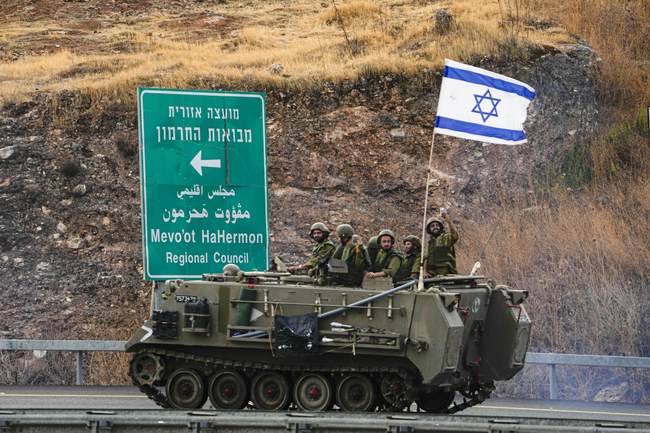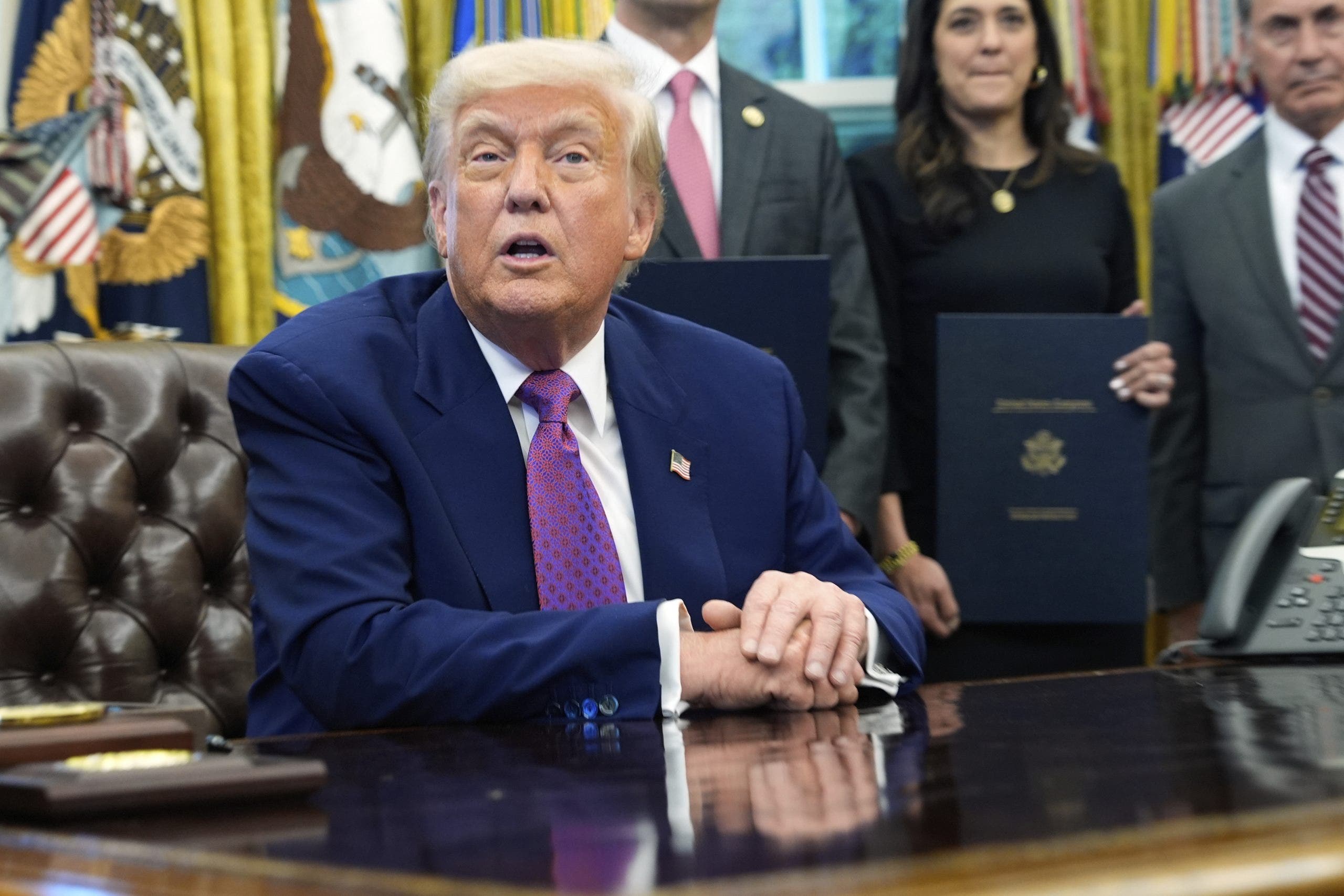To the extent that they can, of course. Lebanon never wanted a war with Israel in the first place; Iran dictated the terms of this war after Hamas’ barbaric atrocities of October 7. Two months ago, Israel turned its attention north, and now large parts of Beirut are again in ruins as Hezbollah’s entire leadership group has been entirely destroyed.
They lost another leadership figure yesterday, in even more strikes on Beirut:
Mohammed Afif, the head of media relations for Hezbollah, was killed in a strike on the Arab socialist Baath party’s office in central Beirut, according to a Hezbollah official who was not authorized to brief reporters and spoke on condition of anonymity.
Afif had been especially visible after all-out war erupted between Israel and Hezbollah in September and the killing of Hezbollah leader Hassan Nasrallah in an Israeli airstrike. Last month, Afif hastily wrapped up a press conference in Beirut ahead of Israeli strikes.
There was no Israeli evacuation warning before the strike in central Beirut. An Associated Press photographer at the scene saw four bodies and four wounded people, but there was no official word on the toll. People could be seen fleeing. There was no comment from the Israeli military.
The Israelis are getting less picky about warning signals for a reason. They want to force an end to the war, and not by lapsing back into another phony frozen-conflict cease fire. This time they mean to ensure that Hezbollah cannot rearm and stays the hell out of the sub-Litani region of Lebanon — the way Lebanon agreed to ensure after the 2006 war.
The government in Lebanon would love to comply with UN Security Council Resolution 1701 now, of course, but Iran won’t let them. Or at least they wouldn’t let them, but Iran may not have much choice any longer. Israel is picking off new Hezbollah leaders as soon as they can be appointed by Tehran, the IDF has bombed their banking system and wealth into oblivion, and the election of Donald Trump threatens to remove any pressure on Israel to negotiate. Iran began signaling a desire to extricate what’s left of Hezbollah a few days ago:
Iran backs any decision taken by Lebanon in talks to secure a ceasefire with Israel, a senior Iranian official said on Friday, signalling Tehran wants to see an end to a conflict that has dealt heavy blows to its Lebanese ally Hezbollah.
Israel launched airstrikes in the Hezbollah-controlled southern suburbs of Beirut, flattening buildings for a fourth consecutive day. Israel has stepped up its bombardment of the area this week, an escalation that has coincided with signs of movement in U.S.-led diplomacy towards a ceasefire.
Lebanon may test Iran’s professed flexibility with the latest US-led cease-fire proposal. Reportedly, it will allow Israel to act if they see Hezbollah re-entering the sub-Litani region and/or rearming. And Lebanon’s government suggested that they don’t object — at least not yet:
Lebanon has taken a positive view toward the United States ceasefire proposal between Hezbollah and Israel, which it received last week via the American Ambassador Lisa Johnson, according to a report on the LBCI website.
An Israeli source clarified that this does not mean Lebanon has accepted the offer but rather that it had viewed it positively. US special envoy Amos Hochstein is due to arrive in Lebanon on Tuesday to discuss the proposal, according to the LBCI site.
What does the proposal contain? The terms have not been made public, and so far haven’t leaked much either. But with Israel succeeding so far in destroying Hezbollah’s infrastructure, there’s no way that they would agree to pull out without the option of enforcing the terms of the cease-fire. If Lebanon is signaling that they will agree to those terms, then it becomes another potential fault line between Beirut and Tehran.
Or maybe the Iranians have had enough, too. Israel has almost entirely demolished Iran’s deterrent against direct Israeli action by defeating Hezbollah and Hamas. The Israeli retaliatory raid showed the mullahs that they are now at the mercy of Benjamin Netanyahu, and with Trump coming back into the presidency, mercy is about to be in short supply. If they’re still making rational decisions in Tehran, the best option is to find a way out while one still exists.
Read the full article here




![Trump Taps Brendan Carr As Permanent FCC Chair Who Vows To Dismantle Censorship Cartel [WATCH] Trump Taps Brendan Carr As Permanent FCC Chair Who Vows To Dismantle Censorship Cartel [WATCH]](https://www.lifezette.com/wp-content/uploads/2024/11/2024.11.18-01.40-lifezette-673b43cb26c1e.jpg)




